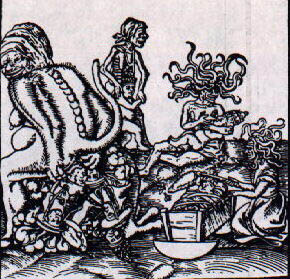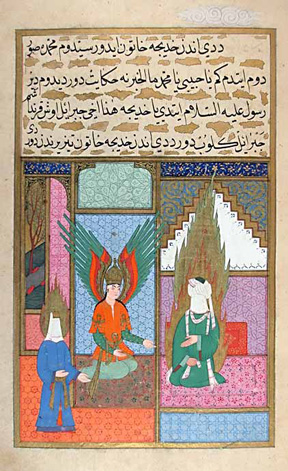
by Gabriel Marranci, Islam, Muslims, and an Anthropologist, June 21
Recently two events made me question how the UK, and Europe in general, understand the concept of ‘freedom of speech’ – the invitation to attend the annual Buckingham Palace garden party extended to white supremacist BNP’s Nick Griffin and the Home Secretary’s decision to ban the popular Muslim tele-preacher Dr Zakir Naik from entering the UK.
There is no one single definition of ‘freedom of speech’ and an attempt to formulate one can only result in empty theorizing and utopian visions. Freedom of speech is linked to local, regional and international contexts, social realities, cultural differences and an understanding of what freedom means. What for one person is ‘freedom of speech’, for another is just ‘freedom of insult’ or ‘unacceptable behavior’.
States, as well as communities, limit individual rights of expression not because of the pleasure of doing so, but for fear of seeing their status quo, and hence power, challenged or questioned. However, the limitation of individuals’ right to express their thoughts and ideas is often justified by the argument that those ideas are ‘repulsive’ or ‘objectionable’ to the system of values held by a supposed majority (i.e. power holders). Said that, many of the ideas, values and concepts that are both well accepted and well liked today have been considered ‘objectionable’ or ‘repulsive’ at one time or another. Continue reading The racist fascist in the Queen’s Garden, the fundamentalist preacher on the plane






